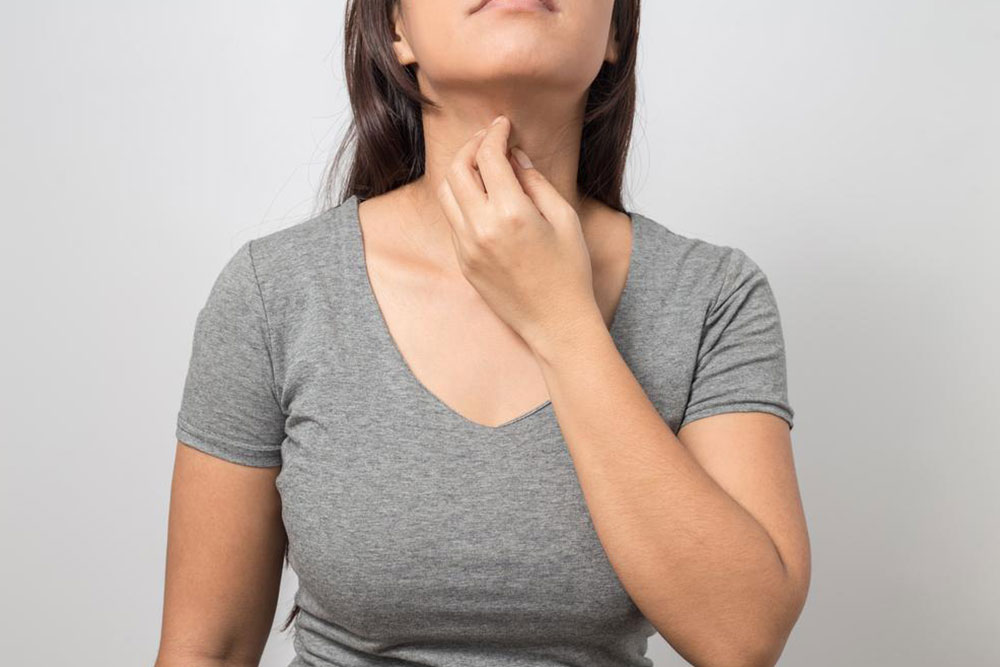Itchy skin: Causes, symptoms, and treatment
You might experience itchiness on certain parts of your skin: on your arms or legs or all over your body. Unfortunately, it is difficult to zero down to specific causes of itchy skin.
It might occur without any external changes on the skin. But sometimes, the cause can be serious such as rashes or illness. Itchiness may be accompanied with redness of the skin, dry skin, scaly skin texture, spots, or blisters.
Itchiness may occur due to skin allergies or something as simple as your clothes. Scratching the area tends to make it itchier. It can also damage the skin or result in an infection.

You should maintain proper hygiene and wear comfortable fabrics to prevent itchiness.
What causes itchiness?
There are many possible causes of itchy skin. Some of them are:
Dry skin
If you have an itch, it is most likely due to dry skin. This condition gets worse in the winter and in dry weather. If you don’t experience any rash, blisters, or external changes on the skin, dryness is the most probable cause. Ageing, environmental factors, air conditioning, or excessive contact with water might make your skin dry.
Skin conditions, allergies, and drugs
Eczema, scabies, psoriasis, scabies, and other skin conditions cause itchiness.
You might experience itchiness due to allergic reactions with wool, soaps, or chemicals. Choose your soaps and detergents wisely. Food allergy and some cosmetics might also trigger an itch.
Itchiness in some cases could be a reaction to certain antibiotics, antifungal, or other drugs as well. Medications for narcotic pain might cause allergies with rashes and itchiness.
Diseases and nerve disorders
Underlying internal diseases such as liver disease, iron deficiency, anemia, cancer, and thyroid issues might cause itchy skin. In such cases, the whole body might be itchy. The skin might externally experience no change except on the repeatedly scratched parts.
Conditions like multiple sclerosis, pinched nerves, and diabetes mellitus which affect the nervous system too can cause itchy skin.
How to treat itchy skin?
You must consult your doctor for determining the cause of itchy skin. After a diagnosis, the following treatments can be helpful in treating you:
Prescribed medication
Once the cause is identified, you might be prescribed medications. Prescribed corticosteroid creams treat itchiness and redness. If the symptoms are minor, calcineurin inhibitors like tacrolimus and pimecrolimus may be prescribed.
Treating the internal disease
Itchy skin may be caused by underlying diseases like liver conditions, kidney disease, anemia, or thyroid problems. It is important to identify the internal causes if any and treat such a condition.
Light therapy or phototherapy
Light therapy is usually implemented if the itchiness is uncontrollable. The affected areas of the skin are exposed to specific wavelengths of UV light. Phototherapy might require multiple sessions in order to effectively cure itchy skin.
Moisturize Your Skin
You should moisturize your skin to prevent dryness and resulting itchiness. Drink lots of fluids and stay well-hydrated. Use gentle soaps and maintain good hygiene.
Itchiness can affect your life significantly for the worse. Prolonged scratching may damage your skin and cause the condition to worsen. If you experience itchy skin, consult your doctor without delay.

